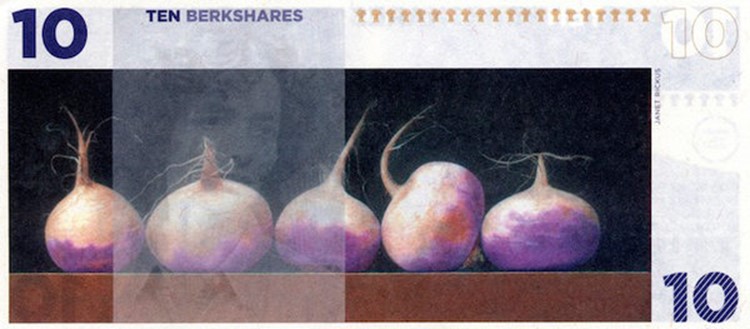Why Hotels Have Ice Machines
August 21, 2015 in Daily Bulletin

Go to any hotel in the United States and there’ll be prominent signs directing you to the ice machine where guests can go and get their own ice. It’s actually a little weird if you think about it. Heather Schwedel looked into it:
- Ice machines came about in the 1890s and hotels were the first to adopt them so that they didn’t have to rely on ice miners who brought down ice from cold mountains.
- As they were expensive customers were expected to pay for the privilege of getting ice…even decades later, when ice machines became commonplace and affordable.
- However the founder of Holiday Inn found all the upcharges at hotels irritating so when he launched his own chain he made free ice a feature.
- As he strongly believed in franchising – the idea that no matter where a customer is they get the same experience if they walk into a Holiday Inn property – soon all buildings belonging to the hotel chain had free ice machines.
- This set customer expectations and competitors were quickly forced to adapt the practice.
Read more about the history of hotel ice, and the icy forehead head massages you used to be able to get back in the day over here.
Source: Slate

















Join the Discussion! (No Signup Required)